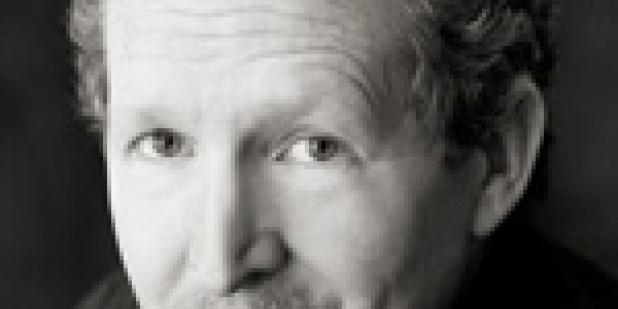Happy Lunar New Year from the USC US-China Institute!
2012 Edwin O. Reischauer Lecture with Donald Lopez, "A Christian Buddha"
The Fairbank Center for Chinese Studies at Harvard University presents Donald Lopez, who will explore various European views of the Buddha and Buddhism, from the days when the Buddha was an idol.
Where

2012 Edwin O. Reischauer Lectures
When the Buddha Was an Idol
Donald S. Lopez, University of Michigan
Today we know the Buddha as a compassionate teacher, an enlightened master who set forth an ethical religion in which there is no God to be worshipped or feared. But this view of the Buddha arrived in Europe rather recently, in the middle of nineteenth century. For most of the history of the European encounter with Buddhism, the Buddha was a purveyor of idolatry, whose cult spread from India to China and from China to Japan. In three lectures, Donald Lopez will explore various European views of the Buddha and Buddhism, from the days when the Buddha was an idol.
____________________________
Lecture 1
A Christian Buddha: The Medieval Tale of Barlaam and Josaphat
Among the many saints tales of the Middle Ages, one of the most popular was the story of Barlaam and Josaphat. It tells of the Indian king Avenir, a worshipper of idols, who seeks to protect his son, Prince Josaphat, from the evils of Christianity by building a beautiful palace, a palace that the prince must not leave. But on a chariot ride outside the city, the prince encounters the pious monk Barlaam, who converts him to Christianity. This story was known and loved across Europe, with its scenes widely depicted in paintings and murals. In 1571, the Doge of Venice presented a bone from Josaphat’s spine to King Sebastian of Portugal. It was not until the 1850s that scholars in France and Germany discovered that the story of Barlaam and Josaphat is based on the life of the Buddha. This lecture will examine the tale and its legacy, focusing on a particularly famous scene that appears in both the biography of the Buddha and in Barlaam and Josaphat.
Discussant: Charles Hallisey, Yehan Numata Senior Lecturer on Buddhist Literatures
Donald S. Lopez, Jr., is Arthur E. Link Distinguished University Professor of Buddhist and Tibetan Studies at the University of Michigan. He was educated at the University of Virginia, receiving a doctorate in religious studies in 1982. After teaching at Middlebury College, he joined the faculty of the University of Michigan in 1989. He is the author or editor of more than 20 books, which have been translated into French, Italian, Spanish, Dutch, Czech, Polish, Korean, and Chinese. They include Elaborations on Emptiness: Uses of the Heart Sutra (1996), Buddhism in Practice (1995), Curators of the Buddha: The Study of Buddhism under Colonialism (1995), Prisoners of Shangri-La: Tibetan Buddhism and the West (1998), The Story of Buddhism (2001), A Modern Buddhist Bible (2002), Buddhist Scriptures (2004), Critical Terms for the Study of Buddhism (2005), The Madman’s Middle Way (2005), Buddhism and Science: A Guide for the Perplexed (2008), and In the Forest of Faded Wisdom: 104 Poems of Gendun Chopel (2009). His most recent book is The Tibetan Book of the Dead: A Biography (2011).
Featured Articles
We note the passing of many prominent individuals who played some role in U.S.-China affairs, whether in politics, economics or in helping people in one place understand the other.
Events
Ying Zhu looks at new developments for Chinese and global streaming services.
David Zweig examines China's talent recruitment efforts, particularly towards those scientists and engineers who left China for further study. U.S. universities, labs and companies have long brought in talent from China. Are such people still welcome?






